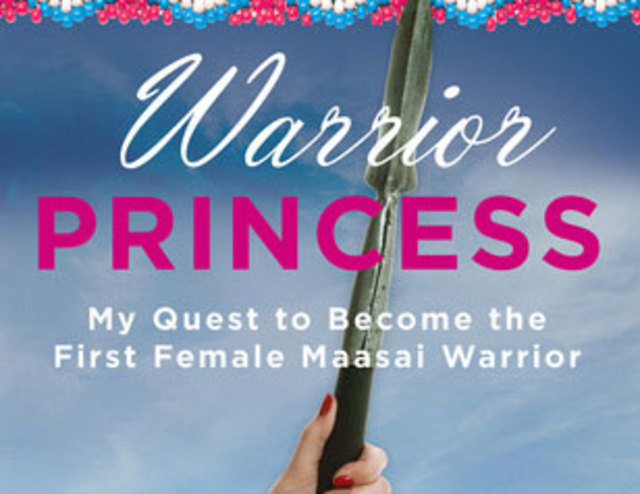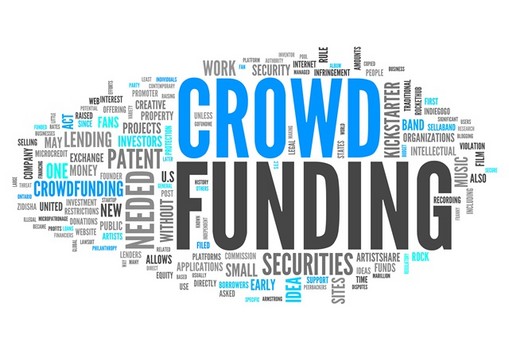Culture - and how it's defined - has been on my mind for a while. Thanks to National Poetry Writing Month (#NaPoWriMo), I wrote a poemthing about it. Here's "Define Culture." Enjoy.
-
Afrofeminism - Blog - Creative Corner - Diaspora Diaries - International Development - Philanthropy - Poetry - Race, Culture, Ethnicity - The Political, Personalized
-
Dear Western Saviorists, Stop Reducing Africa to a Play Pen for Your Personal Development
From Colorlines: "When Mindy Budgor was 27 years old, she apparently tried to find meaning in her life by temporarily ditching her wealth in Santa Barbara and jetting over to hang with the poor people of Kenya." Read the full story, and my less than tempered response to yet another…
-
When Doing Good Goes Wrong: One Woman’s Story about White Saviorism in Africa
I recently joined the founding team of Africans in the Diaspora (AiD), a new organization that seeks to correct the imbalance of power in African development. But this post isn't really about that organization. I'd like to tell you a story about Lindiwe, an elderly African philanthropist I met on…
-
Advocacy - Africans for Africa - Blog - Media Activism - New Media - Philanthropy - Special Series - Thought Leadership
7 Social Media Ideas That Will Strengthen Digital Activism in Africa
Last week, I had the pleasure of participating in the West African Civil Society Institute (WACSI)‘s Social Media Experts conference in Accra, Ghana. The conference brought together African social media experts, enthusiasts, and activists from across the continent, which got me thinking about ways we can strengthen "digital activism" across…
-
Blog - My Work - New Media - Non-Profits - Philanthropy - Speaker Services - Thought Leadership - Training and Consulting Services
Crowdfunding for Activists: 5 Tips for Creating Successful Online Fundraising Campaigns
I prepared this short presentation as part of the "Feminist Cyborgs: Actvism, Online Fundraising, and Security" webinar, hosted by African Feminist Forum and Association for Progressive Communications. My 10-minute presentation includes a brief introduction to crowdfunding and some popular crowdfunding tools. Using my Africans for African new media project as…
Online rulet oyunları gerçek zamanlı oynanır ve online slot casino bu deneyimi canlı yayınlarla destekler.
İnternet üzerinden eğlence bahsegel giriş arayanlar için deneyimi vazgeçilmezdir.
Kullanıcıların hesaplarına hızlı ve sorunsuz bettilt ulaşabilmesi için adresi her zaman güncel tutuluyor.




